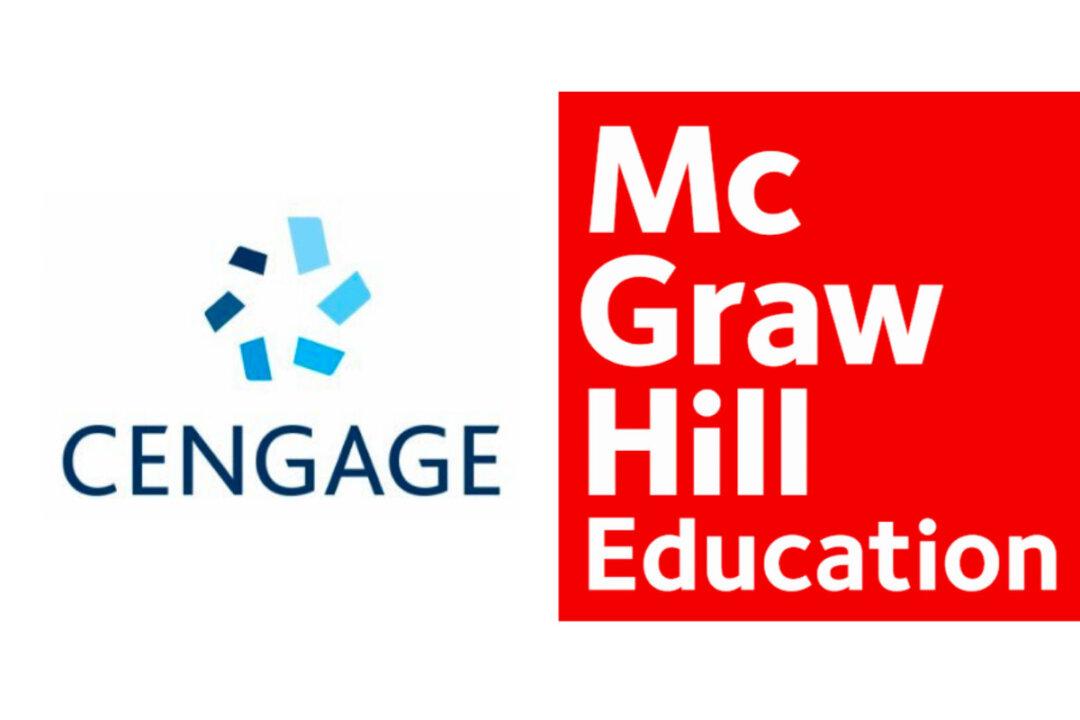Cengage and McGraw-Hill, the second and third largest college textbook companies in the United States, said they have ended their merger plan that was first announced a year ago.
The proposed merger of the two New York City-based publishing giants would have created the nation’s second-largest supplier of physical textbooks, course materials, study guides, and subscription services of digital educational contents. The combined entity would have been led by Cengage CEO Michael Hansen.





